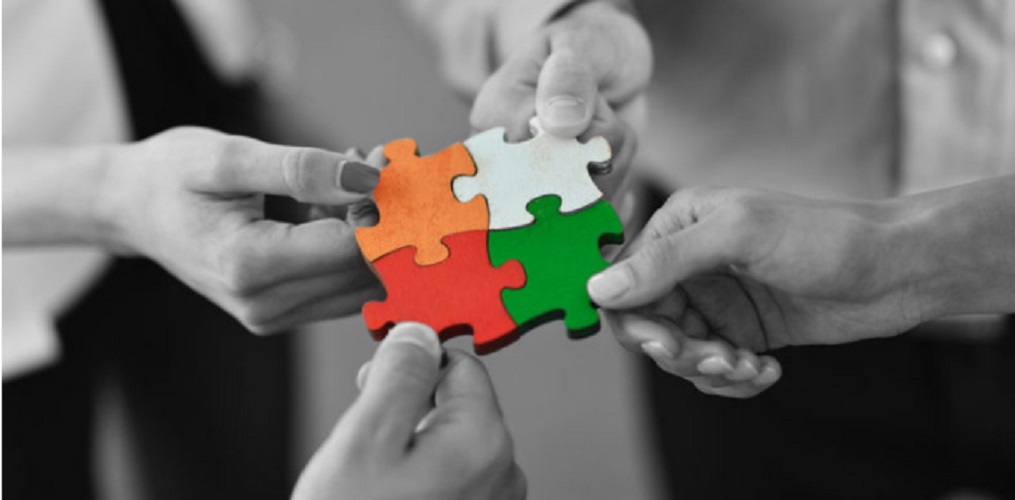What is decision making?
We explain what decision making is and what are the components of this process. The problem solving model.
-
What is decision making?
Decision making is a process that people go through when they must choose between different options . Daily we find situations where we must opt for something, but it is not always simple. The process of decision-making emphasizes conflicts that arise and to which we must find solutions.
In the field of human behavior and psyche, this has been a fundamental issue. Due to various elements such as personality structure , development, maturity, stage of life , among others, people do not respond in the same way to the same problematic situation .
For example , those who tend to be anxious tend to be overwhelmed even if the conflict is small for some. Someone who has suffered gender violence constantly, is likely to have their ability to make decisions disturbed. On the other hand, a subject that is extremely creative may have many more skills to find curious exits.
For this reason, the models created from different theoretical approaches have been diverse, these serve both to find the explanation for behavior in problematic situations, and to have the bases in the elaboration of therapeutic techniques to help, to those who need it, to develop and enhance decision making.
-
Components of decision making

Solving a problem needs the following concepts, since all of them are important not only for finding an initial result, but for learning and improving problem solving , greatly favoring the detection of the tools themselves (competencies).
- Decision : All possible combinations that include both the actions to be carried out and the situations.
- Result : Hypothetical situations that would take place if one or the other option of the aforementioned decisions is taken.
- Consequence : Evaluation based on subjectivity, for example profit or loss.
- Uncertainty : Here probability , as well as confidence and possibility, play a fundamental role in the face of the unknown, especially when there is no experience in any particular problem.
- Preferences : Tendency to take an alternative and not another, is conditioned by experience.
- Decision making : Action to decide.
- Judgment : Evaluation.
-
Problem solving model
- Define the problem : It requires the analysis of the situation you are facing.
- Possible alternatives : These are all combinations of actions that can be taken.
- Anticipate results : As so far they are only hypotheses , it is necessary to associate the possible consequences of each of the alternatives.
- Choose : Opt for one of them.
- Control : It is always necessary to have everything under control without leaving anything to chance, being monitors, responsible and with a participatory attitude in the process.
- Evaluation : See the pros and cons of what has been decided, something essential for learning.
-
What makes the process difficult to make a decision?

- Cognitive dissonance : When what you want to do and what you just do are not coincidental.
- Halo Effect : Occurs when the shadow of other experiences causes it to be deduced erroneously, presupposing and precipitatingly anticipating a decision.
- Group thinking : It occurs when a group of people decides for others, despite these disagreeing. That is, there is no consensus, but fear, authority, fear of making mistakes, rejection or group questioning.
- Hedonist Adaptation : State of well-being and pleasure that does not allow to relate adequately to the conflict
- Confirmation bias : To be able to make a correct evaluation of the results, it is necessary to have sufficient cognitive flexibility to be able to modify the beliefs if it becomes necessary, since the next objective will be not to make the same mistake again, something that does not It happens when we continue to maintain the same position in this regard, rejecting all new content.
- Authority bias : Follow what experts raise, regardless of your wishes.




